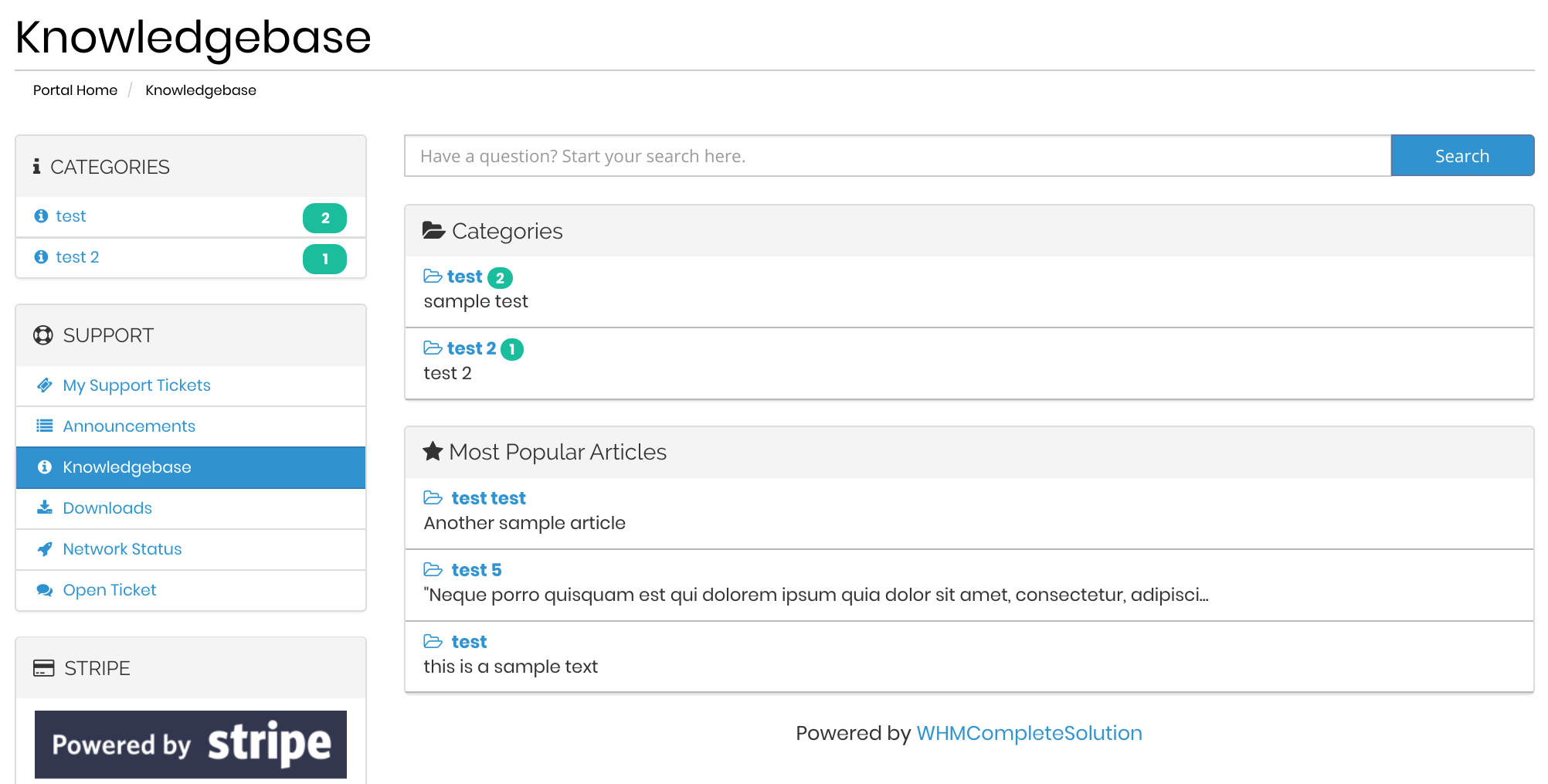British web hosting company WooCloud was founded in Coventry in 2016. It came about from the collaboration of two companies with 20 years of combined industry experience. WooCloud’s English-language website sells shared hosting, virtual servers, and dedicated servers that are available in eight countries.
Features and Ease of Use
As its name suggests, WooCloud’s web hosting plans are built on cloud infrastructure. These plans, which can handle small to medium-sized websites, provide the following features:
- 99.9% uptime guarantee
- Free SSL certificate
- Free domain with an annual plan
- Two to unlimited websites
- Unmetered bandwidth
- 5 GB to 40 GB storage
It’s easy to manage your hosting account via the cPanel control panel, and it’s equally easy to install popular programs — such as WordPress, Joomla, phpBB, BuddyPress, OpenX, or Drupal — with the one-click installer.
Once your website is up-and-running, you’ll be glad that your files, databases, email accounts, and settings are backed up automatically and retained for seven days. And unlike some hosting providers, this one will restore your data for free.
WooCloud pays close attention to hosting performance. It uses the latest generation CPUs plus super-fast NVMe SSDs.
Pricing and Support
For the features provided, WooCloud’s prices are reasonable. Although the website implies that you can be billed monthly, I was only presented with six-month, one-year, and two-year billing cycles at the checkout.
WooCloud processes payments through Stripe, and your account will be provisioned less than 60 seconds after your payment has been made. There are no set-up fees, and you can get a full refund within 30 days. After that, you can get a refund for your remaining period.
WordPress plans are also priced reasonably, and virtual/dedicated server prices are in line with competitors.
WooCloud claims that its support team works 24/7, but I couldn’t summon a pre-sales support response. You can try reaching out to the company through telephone, ticket, email, or live chat.
If you have to resort to self-support, you’ll be disappointed to discover that the knowledge base contains just three test entries:











